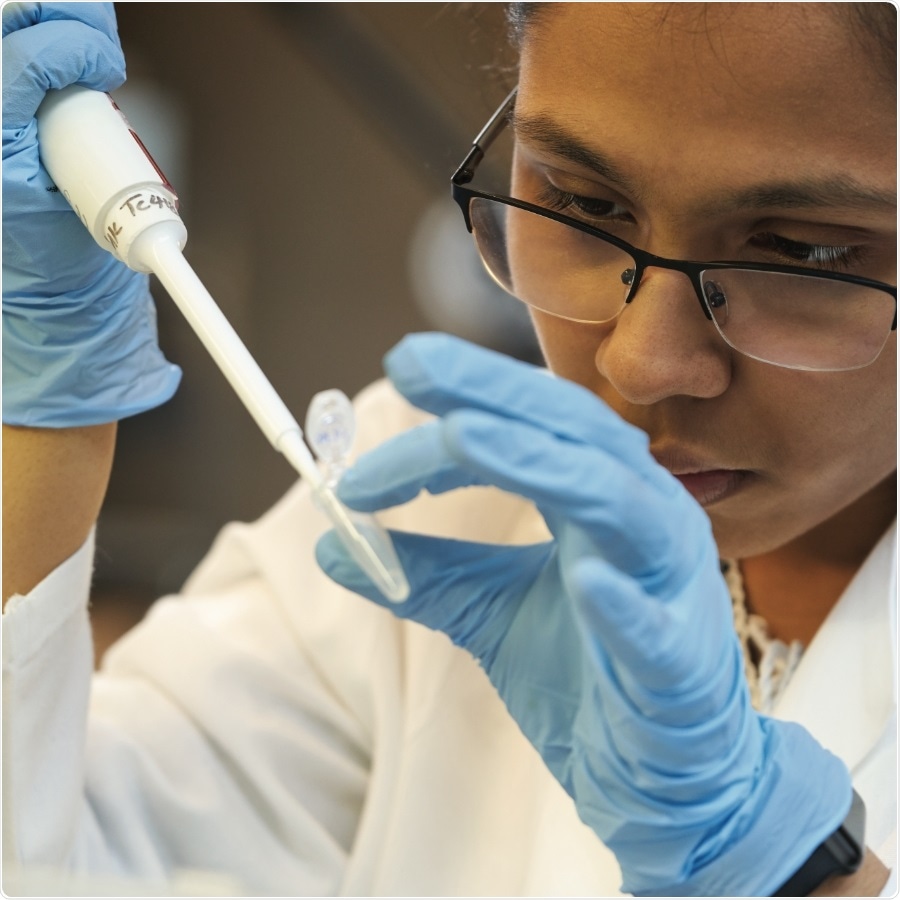The National Institutes of Health’s All of Us Research Program currently has access to about 100,000 extremely varied whole genome sequences. Approximately, half of the data comes from people who identify with racial or ethnic groups that have been historically overlooked in studies.

All of Us makes genomic data available to scientists across the U.S. Image Credit: National Institutes of Health
Researchers will be able to use this information to answer questions about health and disease that have yet to be answered, paving the way for new breakthroughs and discoveries that will help to minimize persistent health disparities.
Until now, over 90% of participants from large genomics studies have been of European descent. The lack of diversity in research has hindered scientific discovery.”
Josh Denny, M.D., Chief Executive Officer, All of Us Research Program
“All of Us participants are leading the way toward more equitable representation in medical research through their involvement. And this is just the beginning. Over time, as we expand our data and add new tools, this dataset will become an indispensable resource for health research.”
The genetic data, which includes genotyping arrays from 165,000 people, is available through a cloud-based platform called the All of Us Researcher Workbench. Genotyping arrays, the most generally used genetic testing method, capture a specific fraction of the genome, whereas whole genome sequencing gives information about nearly all of an individual’s genetic composition.
The Workbench also incorporates information from several of the participants’ electronic health records, Fitbit devices, and survey results, in addition to the genomic data. The platform also incorporates data from the Census Bureau’s American Community Survey to provide additional information on the communities in which participants reside.
Researchers will be able to analyze how genes can cause or affect diseases in the setting of other health variables thanks to this combination of data. The ultimate goal is to allow for more accurate health-care approaches for all populations. To preserve the privacy of participants, the program has removed any direct identifiers from the data and imposes severe conditions on researchers who wish to access it.
There is a unique depth and dimensionality to the All of Us platform that sets it apart from other resources in the field. It’s also designed with team science in mind, allowing researchers to explore topics in an open and collaborative way. As the Researcher Workbench matures, it will create nearly endless possibilities for discovery to understand the role of genes and variants, as well as many other factors that combine to affect health and disease.”
Gail Jarvik, M.D., PhD, Head, Division of Medical Genetics, University of Washington School of Medicine
The All of Us participants generously contributed to the creation of the Researcher Workbench. Members in All of Us have the chance to acquire personal DNA findings at no cost, in addition to making genomic data available for research.
More than 100,000 people have received genetic ancestry and trait information as a result of the program thus far. Later this year, plans are in the works to begin sharing health-related DNA data on genetic illness risk and medication-gene interactions.
All of Us has joined the ranks of other big genomic research projects throughout the world, such as the UK Biobank, the Million Veteran Program, and the National Institutes of Health’s Trans-Omics for Precision Medicine (TOPMed) program, with the release of genomic data.